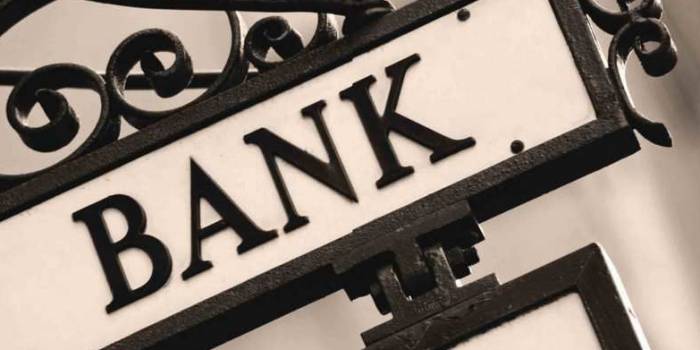Evaporation of 16 trillion!
The weekend just passed saw a storm of blood and rain in the U.S. stock market due to the consecutive bankruptcies of several banks, leading to a frantic drop in a plethora of bank stocks, some of which had to be suspended from trading.
However, by yesterday, it seemed as if the storm had suddenly cleared, with bank stocks rebounding significantly across the board.
This turnaround occurred as U.S. authorities were willing to provide a safety net guarantee for all deposits of clients at Silicon Valley Bank, leading everyone to realize that the crisis had not spread, thus gradually dissipating the panic.
But in reality, the U.S. banking system could still face an even bigger bombshell.
01, $1.6 Trillion Loss
In fact, small and medium-sized banks in the U.S. are deeply entangled with U.S. housing prices. However, the U.S. real estate market may now be on the verge of a significant crisis.
In the second half of 2022, U.S. housing prices experienced a decline not seen in 14 years. The fuse for a U.S. real estate crisis could be ignited at any moment, which would quickly be transmitted to the banking sector.
Data provided by a renowned U.S. real estate brokerage firm shows that by the end of last year, compared to the middle of the year, the total value of U.S. housing fell by $2.3 trillion, from the original $47.7 trillion to $45.3 trillion. Although still at a historical high, the drop, when converted to Chinese yuan, amounts to a staggering 16 trillion yuan, marking the largest decline since the subprime crisis.
A few days ago, the Federal Reserve also released data on U.S. household assets, which similarly indicated this conclusion.
This data is updated quarterly, and in the previous quarters, the value of real estate held by U.S. households had been continuously rising. However, the increase has gradually diminished in recent quarters, until the fourth quarter of last year when it suddenly dropped for the first time, fully indicating the beginning of a decline in U.S. housing prices.The risks in the U.S. banking sector are drawing ever closer.
02. Banking Crisis
The reason is actually quite straightforward.

From 2009 to 2021, over a decade, U.S. housing prices have been on the rise, with families across America enjoying the increase in personal wealth that came with it, and banks have also benefited from a surge in lending.
However, with inflation in the U.S. still on the rise, the Federal Reserve may once again increase the magnitude of interest rate hikes, and the cycle of rate increases could be quite prolonged, potentially exposing the total value of U.S. real estate to the risk of further significant declines.
The current mortgage interest rates in the U.S. have even surpassed the highest rates seen during the subprime crisis of 2008, meaning that homebuyers today are facing greater pressure in terms of interest payments than they were during the subprime crisis.
But misfortunes never come singly; while American families did not have to bear the pressure of inflation when the subprime crisis erupted, the current inflation rate is at its highest level in the past 40 years.
This implies that, in addition to bearing the increased burden of mortgage payments, ordinary American families also have to cut back on other expenses to cover the high cost of living.
Under such circumstances, if ordinary American families find themselves unable to continue making mortgage payments, they may very well resort to selling their homes at a discount to convert them into cash, in order to repay their bank loans as quickly as possible.
This will inevitably lead to further declines in housing prices, and negative equity could re-emerge, ultimately leaving banks holding a large number of properties while being unable to recover the loans.03, Chinese Buyers Withdraw from the Market
The bankruptcy of Silicon Valley Bank was previously due to the failure of investments caused by the continuous decline of U.S. Treasury bonds.
This type of risk is not too significant for other banks.
However, the risk mentioned above, where falling housing prices lead to the inability of banks to recover loans, is a much larger threat and can easily trigger systemic risks in the financial industry.
Now, some states in the United States have begun to implement reverse marketing strategies, proposing to ban Chinese buyers from purchasing real estate. But Chinese buyers have not only avoided their traps but are also selling off a large amount of U.S. properties.
According to the thinking of the U.S. real estate industry, if Chinese buyers could return to the U.S. real estate market and invigorate it, the crisis might pass quickly.
Even if there are real problems, the ones who would take the final hit are not American families.
But it is clear that the United States' plan has failed. The upcoming real estate crisis in the United States, and the ensuing bank crisis, will inevitably affect ordinary American families.
Leave a Comment